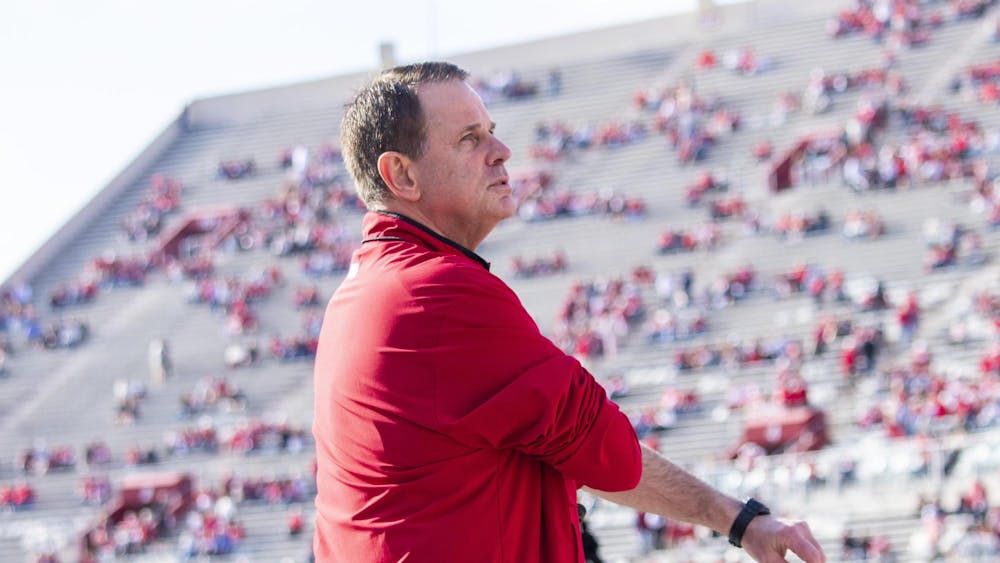Just over a month has passed since the "September Surge," a term that, despite its initial buzz, proved to be no more than a fleeting storm of social media hype. The notion behind the September Surge was to celebrate the end of the third quarter (Q3), with the anticipation of a rise in job openings and hiring rates for many companies. Instead, we got not a celebratory uptick, but a reminder of the job market's insecurities.
The year 2023 has proven to be the year of layoffs. According to Forbes there has been a staggering 605,000 announced layoffs in the first nine months alone —a 198% increase from 2022. This surge in job cuts during the first three quarters hasn't been seen on this scale since the tumultuous year of 2020. The repercussions have been felt across the spectrum, impacting individuals seeking reentry into the job market and first-time job seekers. This layoff spree has turned the candidate pool into a sea of competition, with thousands of well-qualified applicants holding diverse degrees and professional backgrounds yet still unable to find work.
The brunt of these layoffs has been felt mostly in the technical field, followed closely by the retail and healthcare industries. According to Forbes, the month of September brought a glimmer of hope, with a 37% decrease in layoffs compared to the previous month. However, it was not the kind of change hopeful job seekers have been yearning for.
The decreases in layoffs haven't translated into a surge in hiring and, as the holiday season approaches, many are eager to secure employment before the customary downturn in hiring associated with this time of year begins.
During times of economic instability, racial minorities and women workers face heightened vulnerability, a concern highlighted by Forbes. Alarmingly, these periods of uncertainty often see diversity, equity, and inclusion (DEI) departments within companies among the first to be impacted. Consequently, this impacts the efforts to diversify the workforce and sustain inclusivity initiatives, creating a challenging environment for building and retaining a diverse staff.
Many are questioning what lies ahead for working class people of color in the coming year. This period of turmoil is not merely a rough patch, but an uphill battle. DEI initiatives in the workforce are under threat. The potential elimination of these initiatives could have far-reaching consequences, jeopardizing the years of progress made in shattering glass ceilings and embracing a more diverse range of talent within the workforce.
The past three years have defied expectations, leaving us with no clear indications of recruiting trends or promises of a forthcoming employment upswing. As we approach 2024, an air of uncertainty remains, challenging our perceptions of what the future holds for the working class.






